In Brief
The third series of videos in #ChangingTheNarrative, a partnership between the W.K. Kellogg Foundation and NBCUniversal, features the city of New Orleans. The city’s vibrancy springs from its long history of intersecting cultures, particularly Indigenous, Black and Brown communities. But the sparkle of this coastal region has long been threatened by environmental catastrophe, from massive hurricanes like Katrina and Ida, the devastating effects of climate change and environmental racism.
Down the coast, in Dulac and Isle de Jean Charles, affiliated tribal communities driven by resettlement practices have come together as the United Houma Nation. But the effects of climate change, including coastal erosion and agricultural deterioration, undermine the nation’s capacity to thrive. A voluntary resettlement grant, funded by the federal government, has created the option for families to move inland to “New Isle,” a location better protected both from gradual environmental effects and the devastation of hurricanes like Ida, which took out a vast majority of homes in the UHN. Like many Indigenous communities, the United Houma Nation is cautious about federal intervention in their resettlement – yet many recognize the drastic environmental changes in the past decades makes their home unlivable. “We are resilient people,” says Lora Ann Chaisson, principal chief of the UHN. “We are still here. We still have a lot of our culture intact.”
On the west bank of the Mississippi, an 85-mile stretch of land heavily populated by the Black community has been subject to decades of industrial pollution – earning the area the name “Cancer Alley,” where the risk of developing cancer is higher than 95% of the country. Descendants of enslaved people still suffer the effects of environmental racism, where landfills, incinerators, and hazardous waste disposal is disproportionally located in communities of color. “We have so much rich Black history, so much history that is so important to the history of this country,” says Dr. Joy Banner, The Descendants Project co-founder and co-director. “We are people of faith and hope. In spite of and despite all of the ways they’ve tried to run us out of here, we love it, and that’s a testament to the people who have been here and the legacies they have passed down to us.”
Why This Matters
Often, municipalities and private corporations make environmental decisions and policies that negatively affect under-resourced families, neighborhoods where people of color live and Indigenous communities. Displacement separates families and neighbors and leads to immense loss: of identity, self-worth, stability and cultural ways.
Advancing racial equity requires healing. Racial healing helps restore individuals and communities to wholeness and strengthens community members capacity to participate in the work of racial equity authentically.
Studies show that the process of reclaiming land and advocating for sovereignty is, in itself, healing and has a positive impact on the sense of self worth across generations. When members of a community see hope for continuity of their cultural ways, they are able to have hopes for individual lives, as well. Children and youth inherit the fruits of the healing inherent in these efforts.
The #ChangingtheNarrative episodes demonstrates the revitalizing work of reclaiming land and community.
The Opportunity
Policymakers play a significant role in whether or not communities can thrive. Our action kit for policymakers can be utilized year-round to influence the critical decisions that build and perpetuate the systems that impact so many lives.
Getting to know community members, and understanding their experiences with past and current policies, can ground the work of creating more equitable communities. This conversation guide is a good starting point for facilitating rich and connective dialogue.
To learn more, join us for the National Day of Racial Healing primetime townhall Jan. 17 at 10 p.m. on MSNBC and streamed on Noticias Telemundo at 7 p.m., and visit DayofRacialHealing.org to find events and activities near you.

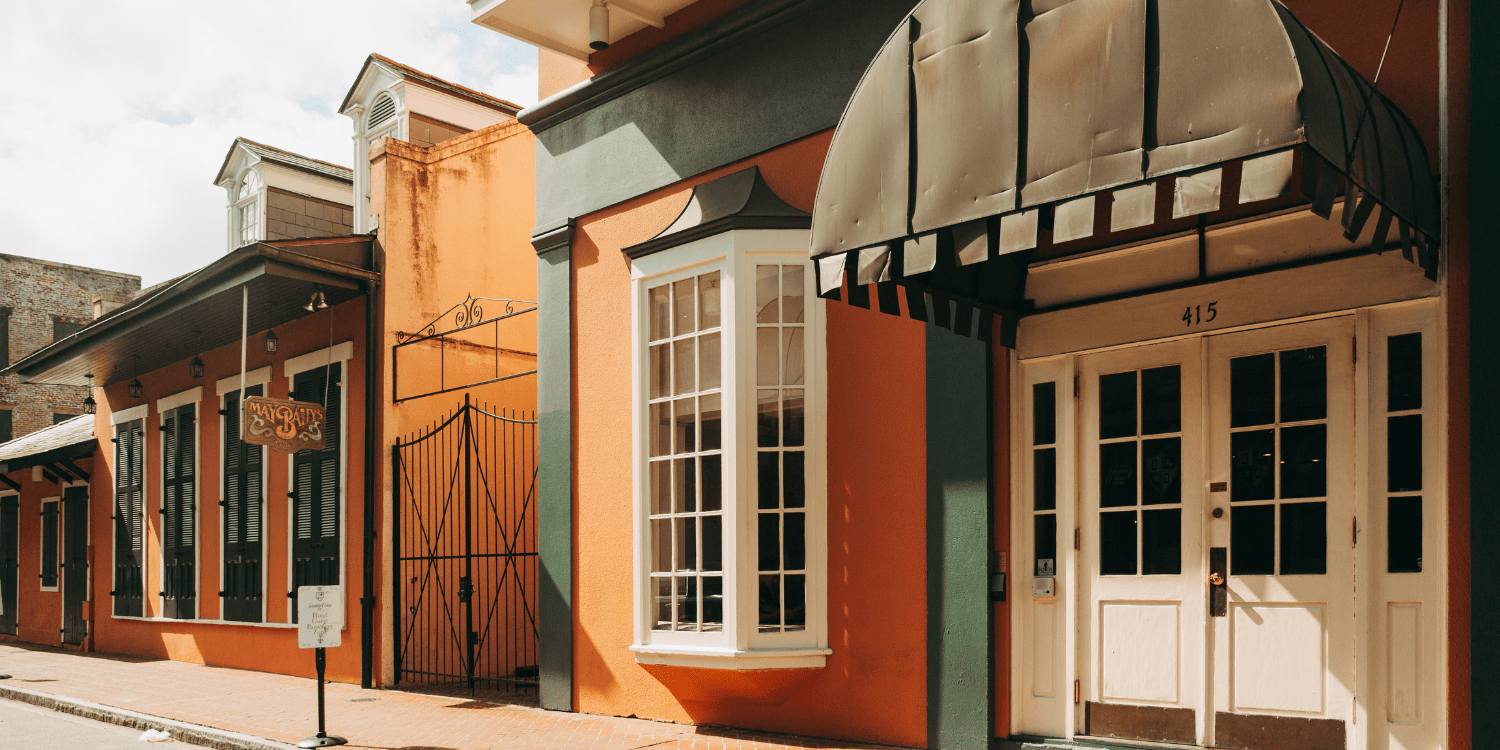
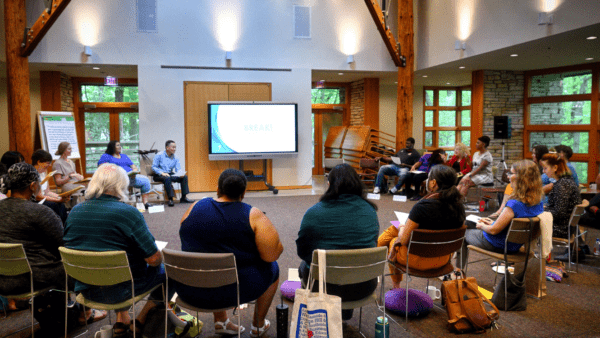
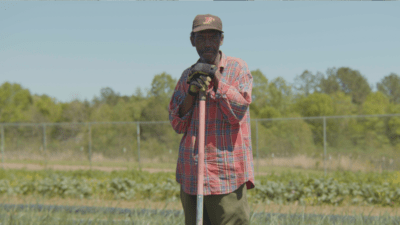
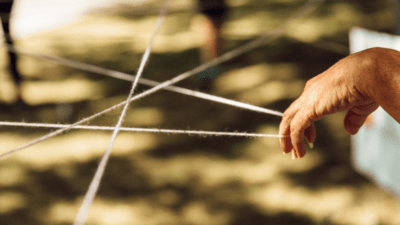
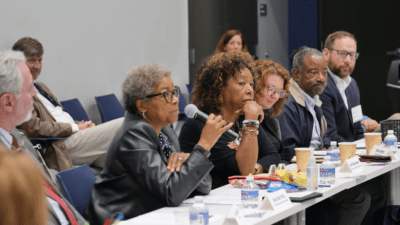
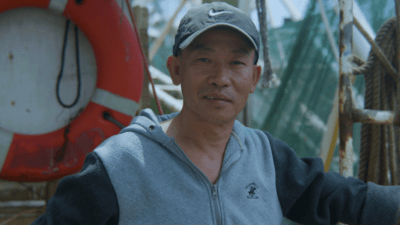

Comments